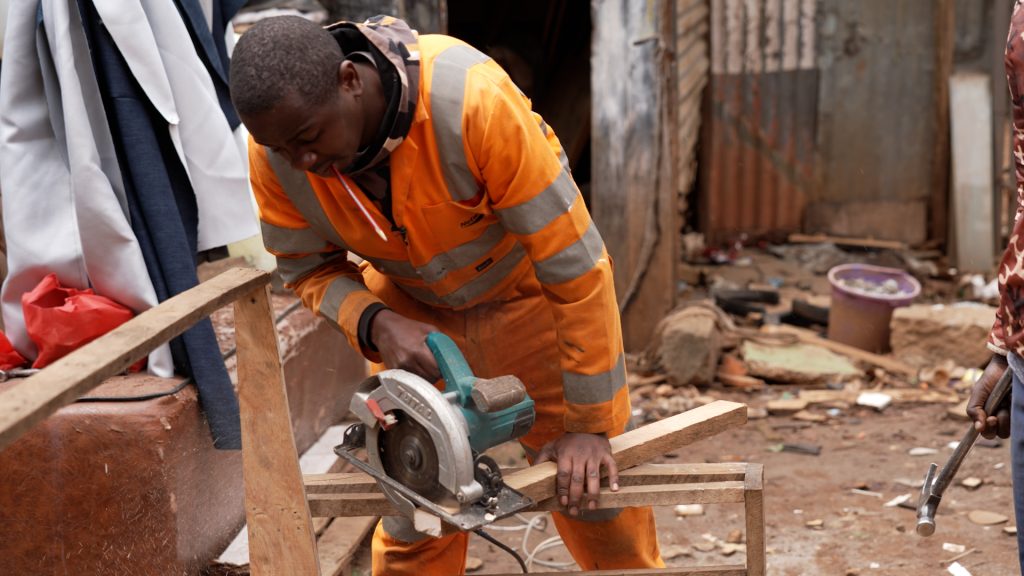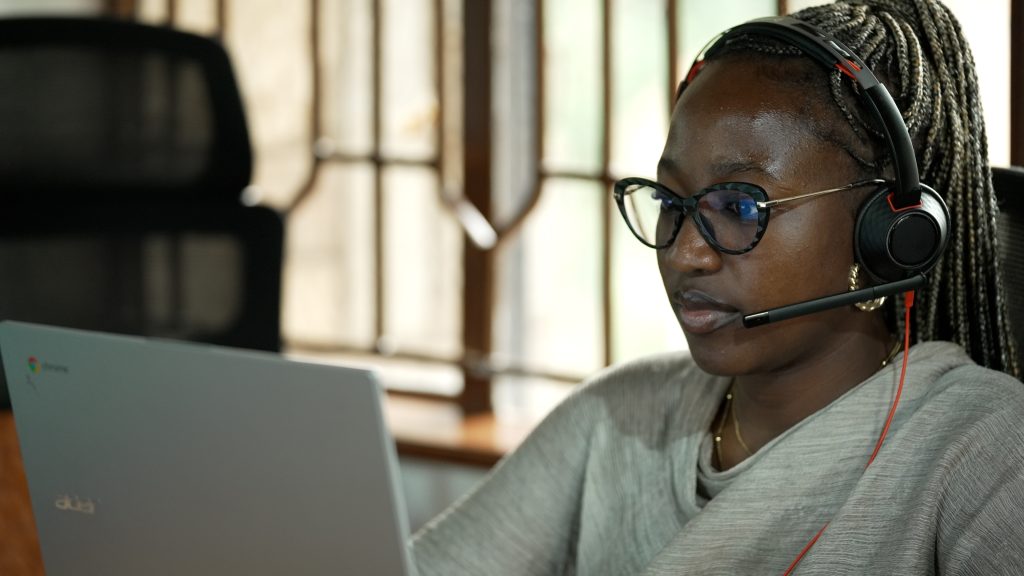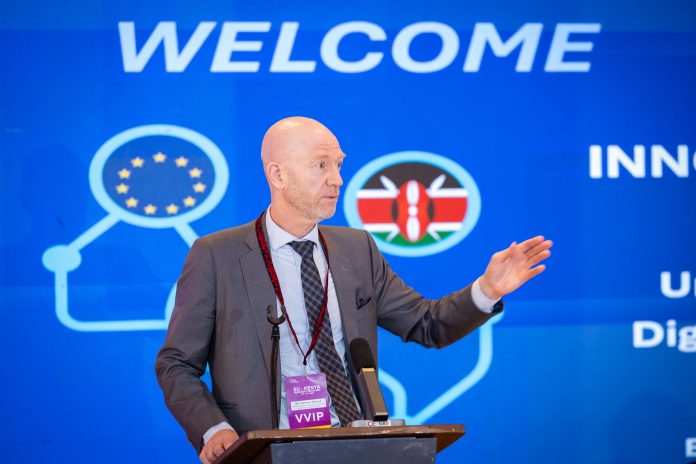Small and medium-sized enterprises continue to play a significant role in Kenya’s economy, accounting for over 80 percent of employment and nearly half of the country’s GDP.
Sadly, the sector remains the most hit by challenges ranging from limited access to affordable financing, unreliable energy supply, and vulnerability to climate shocks such as droughts, floods, and changing weather patterns.
For companies operating in the agriculture, manufacturing, and retail sectors, such threats are detrimental and call for immediate intervention to mitigate losses.
Without climate-resilient infrastructure or access to sustainable energy, many small businesses are left exposed to disruptions that stall productivity, increase costs, and reduce competitiveness.
In a decisive move to support Kenya’s transition to a green economy and strengthen the resilience of its vital private sector, the European Investment Bank (EIB) has stepped in with targeted funding initiatives via private equity funds operating in the country.
Through Boost Africa, a joint initiative of the African Development Bank (AfDB) and the European Investment Bank (EIB) with support from the European Commission, the EIB is not only funding businesses but also catalyzing an entire ecosystem of resilient, climate-aware enterprises that benefit from mobilization of private capital from a pool of investors.

The Boost Africa support combines financial and technical assistance for both Fund Managers and climate‑smart enterprises across Kenya.
EIB Global announces new investment in Seedstars Africa Ventures
It is designed as a catalytic venture platform providing risk capital and capacity building for fund managers backing early-stage, high growth African businesses as well as the entrepreneurs themselves.
The programme doesn’t channel money directly into start-ups, but rather into local private equity funds, with the aim of strengthening Africa’s venture capital ecosystem to be able to attract funding.
Boost Africa does this through a mix of equity injections (including junior tranches) and technical assistance. A unique feature of this initiative is the use of a junior tranche when investing in equity funds.
This means that the EIB takes on some of the losses that may occur so as to shield other investors in the funds; or it takes less profit and gives more to the other private sector investors.
The idea is that the EIB takes on more risk than a traditional investor might, effectively crowding in private capital that would otherwise shy away. This has changed the risk-reward model of investing in private equity funds operating in Africa.
Through this integrated approach, Boost Africa is providing financial capital and developing skills and expertise through funds, helping fund managers and entrepreneurs to effectively deal with the many obstacles that arise when building new businesses.

Among the venture capital funds that Boost Africa has partnered with are TLCom Tide Africa, Partech Africa Venture Capital Fund, Africinvest Venture Capital Growth Fund, Janggo Capital Startup Fund, Atlantica Venture Capital Fund, and Seedstars Africa Ventures I.
European Investment Bank supports alternative financing for Kenyan enterprises
The funds will offer risk capital to early-stage digital and tech-driven businesses offering vital services in areas like energy, education, healthcare, and utilities.
EIB believes that African entrepreneurs hold the key to the continent’s future, creating jobs, reducing inequality and improving quality of life.
The Bank, as part of Team Europe, is committed to supporting African businesses, and are proud of the success of Boost Africa. The initiative feeds into the EU’s Global Gateway strategy that has a pillar on support to the private sector.
One of the biggest challenges faced by climate-focused SMEs is limited access to risk-tolerant, patient, early-stage capital. Traditional lenders often require collateral or a track record that many startups lack.
A good example is Seedstars Africa Ventures I, operating in Kenya and focuses on seed and Series A funding, helping businesses to access working capital for growth and scaling, build prototypes and commercial-scale operations, and invest in R&D for climate-adapted products like solar tech, electric mobility, and climate-smart agri-tech.
This means that startups offering solar-powered cold storage or water-efficient irrigation systems could access funding to scale operations, further creating a more favorable environment for businesses dependent on these services.
Beyond financial support, Boost Africa’s commitment to Kenya’s green future has been felt in its provision of technical assistance to Kenyan SMEs to help them expand to various regions.
Enterprises in the energy and climate sectors don’t just need capital. They need support with impact measurement and ESG compliance as well as guidance on navigating regulatory environments.
EIB, through Boost Africa, has delivered this to many start-ups who are now seeing results through regional expansion and increased revenue.
“The team at the EIB really helped us a lot about how to structure a fund, and how to do the work we’re doing. The EIB has also been a direct lender to some of the projects. They help us also build up our whole Environmental and Social Governance (ESG) policy, with the local communities,” said Anders Hauch, Founding Partner and Investment Director at Frontier Energy, an infrastructure fund that deals with infrastructure and climate action.
By empowering local entrepreneurs tackling energy access, sustainable agriculture, and climate resilience, Boost Africa is unlocking long-term economic and environmental value for the Kenyan enterprises and the country’s economy at large.









